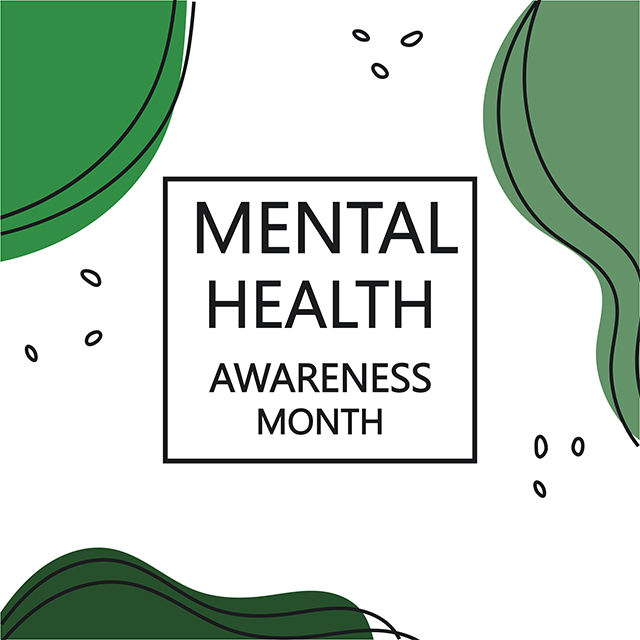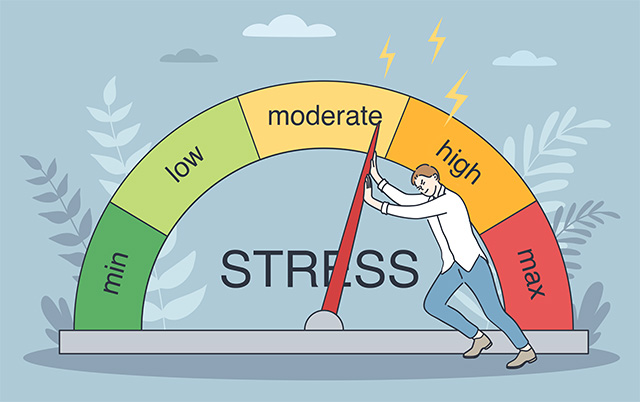May is Mental Health Awareness Month and we are continuing our theme of providing education and resources for anyone who is impacted. Which is a lot of us considering recent data suggests that over 50% of Americans will experience mental health problems at some point in their lifetime. Depression is the leading cause of disability worldwide. Youth depression rates have doubled since 2012. And mental illness affects people of any age, race, sex, religion, or income.





